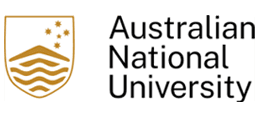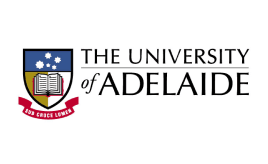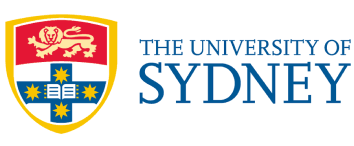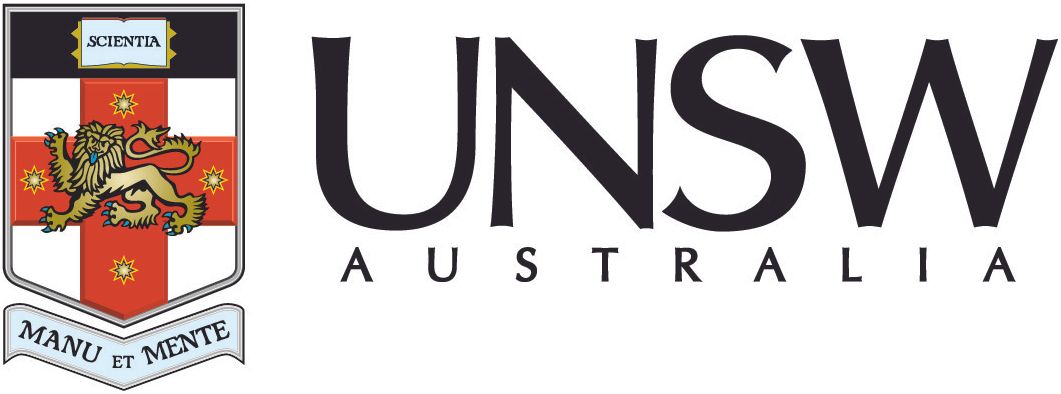Experts concerned that much needed environmental law reform could be undermined by proposed carve up
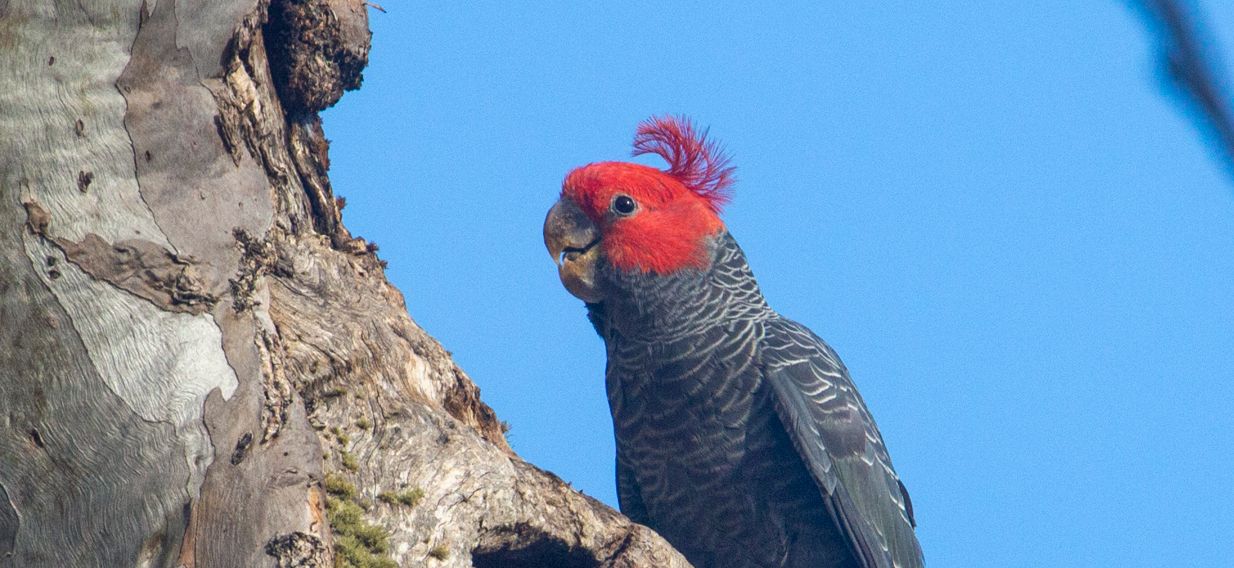
Australia needs major environmental law reform. Many once widespread and abundant species, like the gang gang cockatoo, have gone from secure to endangered in a very short period of time. Image: Dhfisher, CC-BY-NC via iNaturalist.
Media Release
16 April 2024
The federal government has announced that it will split reforms to the Environmental Protection and Biodiversity Conservation Act.
The Biodiversity Council is concerned that the Albanese Government is stepping back from commitments to introduce comprehensive environmental law reform made in 2022 in its Nature Positive Plan.
The Biodiversity Council is an independent expert group founded by 11 Australian University to promote evidence-based solutions to Australia's biodiversity crisis.
The federal government's own independent review led by Professor Graeme Samuel found that Australia's 25-year-old environmental laws are ineffective at protecting the environment, cumbersome for business and in need of major reform.
Biodiversity Council Director James Trezise said:
"Delaying comprehensive reforms to national environmental law is a significant step back from what the Albanese Government committed to in its Nature Positive Plan.
"Nature in Australia is in crisis and can't afford delays in the comprehensive reforms needed to fix our weak and broken environmental laws.
"Over 2000 species are now listed as at risk of extinction and that number is rapidly growing, with a record number of species added to the list last year.
"Many once abundant and widespread species are now at risk of extinction, such as the gang gang cockatoo and pink cockatoo, which have gone from being considered secure to being listed as endangered in a very short space of time.
"Australia has seen three animals go extinct since 2009 which is an abysmal record and lost more than 7.7 million hectares of habitat for listed threatened species since the EPBC Act was enacted.
"The government's own review found the current laws neither effective nor efficient. Kicking the can down the road won't solve anything.
"While new institutions such as the EPA and Environment Information Australia may be steps in the right direction, they will not halt the decline of native species and ecosystems if they are tasked with administering the current laws which have been slammed as ineffective.
"We need new laws that deliver robust national standards, strong protections for critical habitats and reformed conservation planning instruments, and its frustrating that these measures have been deprioritised.
"It is troubling that the government has not set any timeframe for delivering the full suite of reforms it has committed to in the Nature Positive Plan.
"Our research has found that the clear majority of Australians want stronger laws to protect nature. Failing to deliver comprehensive reform would be a breach of faith with the many people in the Australian community who expected the Albanese government to tackle Australia's extinction crisis."




